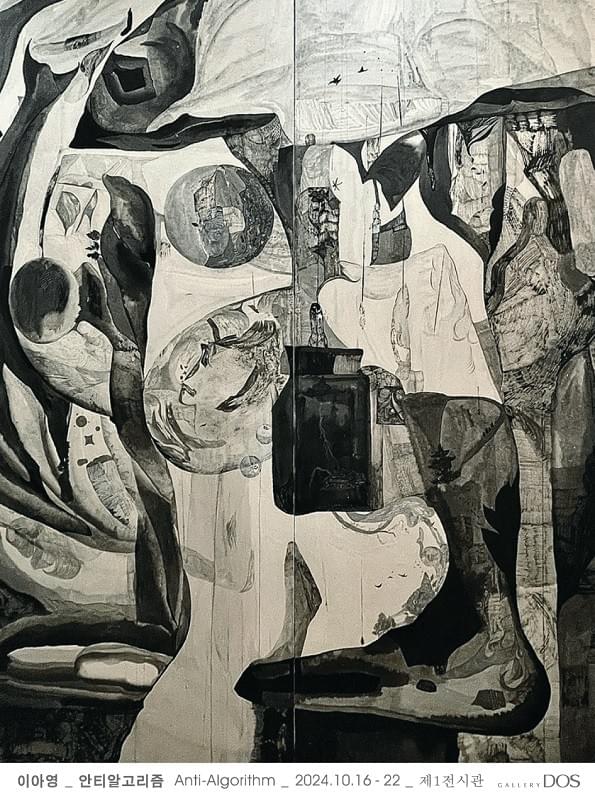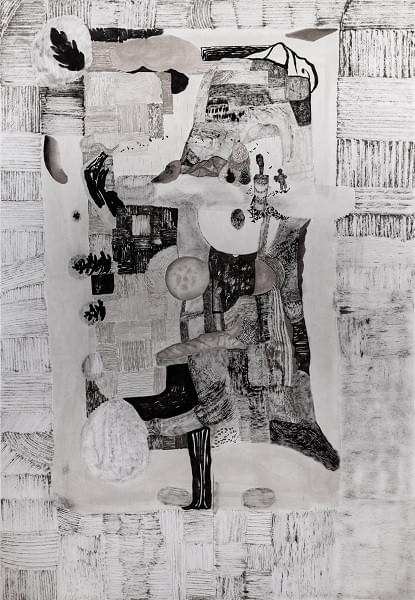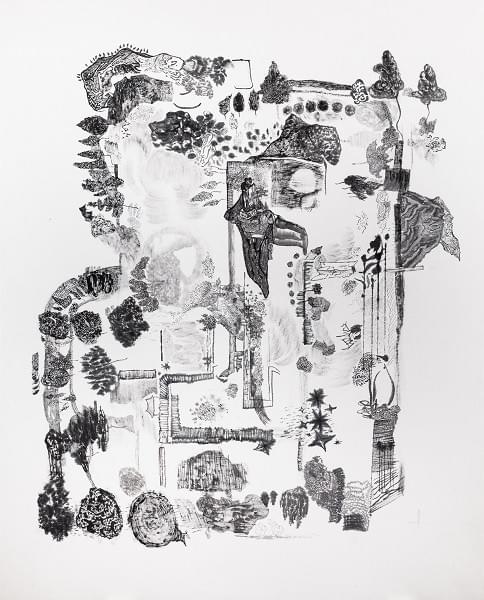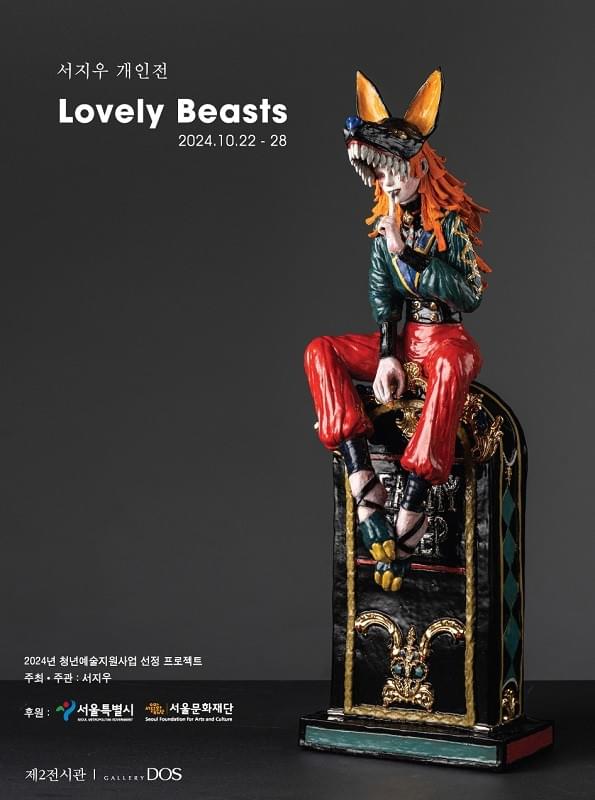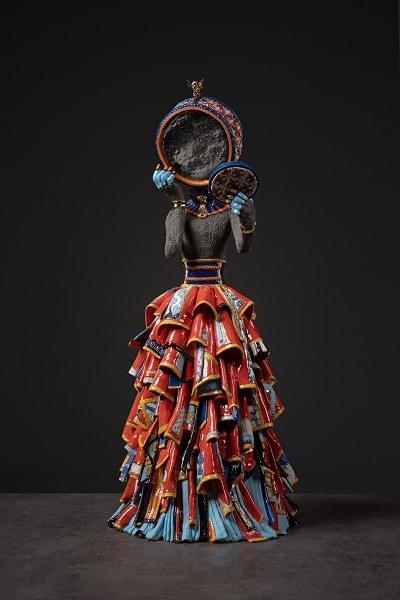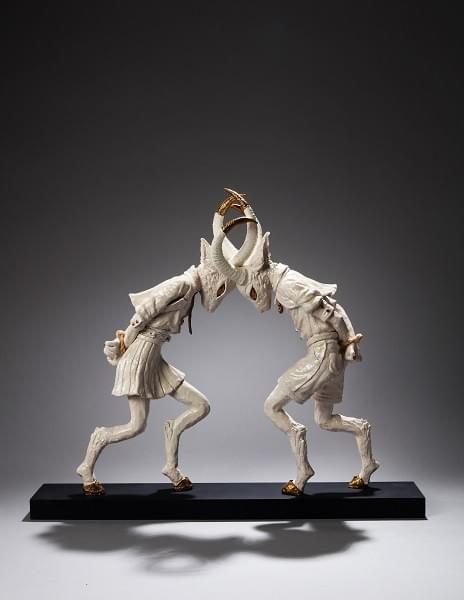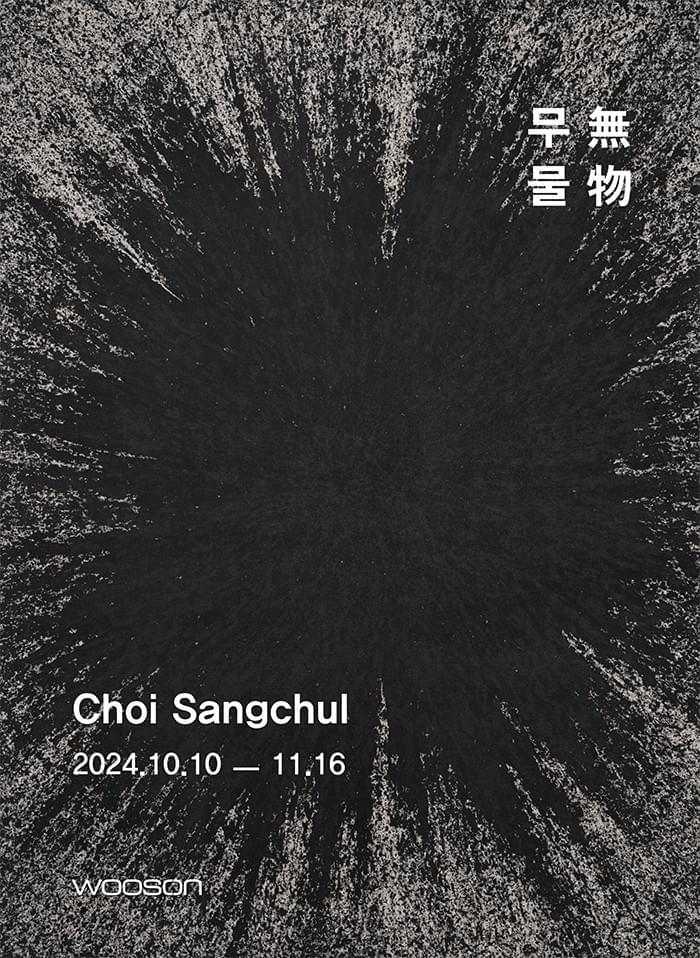
october 2024 overview
Lee Ah-Young's "Anti-Algorithm" explores the topic of technology and human-ness. As the use of technology becomes the norm in life, our reliance on it increases to the point where we become helpless on our own. The utility and sleekness of high tech tempts us to relinquish control to it and become its puppets. We become dancers to the tunes of algorithms. Today's human beings are trapped in a tech-based, algorithmyc cognitive matrix within which one wonders if humanness has any place and role to play. This compells us to ensure that we appropriate technology in a way that preserves our humanness rather than destroys it. The artist's idea is not to go against technology but rather to relefct on the intersection of Ai and humans.



In "Lovely Beasts" Seo Ji-Woo takes a different angle on the topic of humanness in the 21st century. The exhibition explores the intersection of what is human and what is animalistic within the human experience and body. To what extent and in what way are we half animalistic and how has this balance shofted over time, geographies and contexts. In some of the artworks the synthesis is easier and the two aspects sit more comfortably together; in others, however, the tension is visible and thought-provoking. How do we tame our inner beasts? Do we ever fully tame them? What/where is the outlet for the parts that remain untamed.




Choi Sang-Chul focuses on the concept of "nothingness" as it is seen by Taoism.
Nothingness refers to "a state of chaos in which everything is mixed with everything" and "the state of amorphous shapelessness before the appearance of form." It is "the beginning and the source of all things", the moment when everything is possible and anything can happen; when something can become virtually everything; the moment of birth.
The exhibition presents works from the artist's practice in the past 50 years covering the period between 1970s and 2024.
